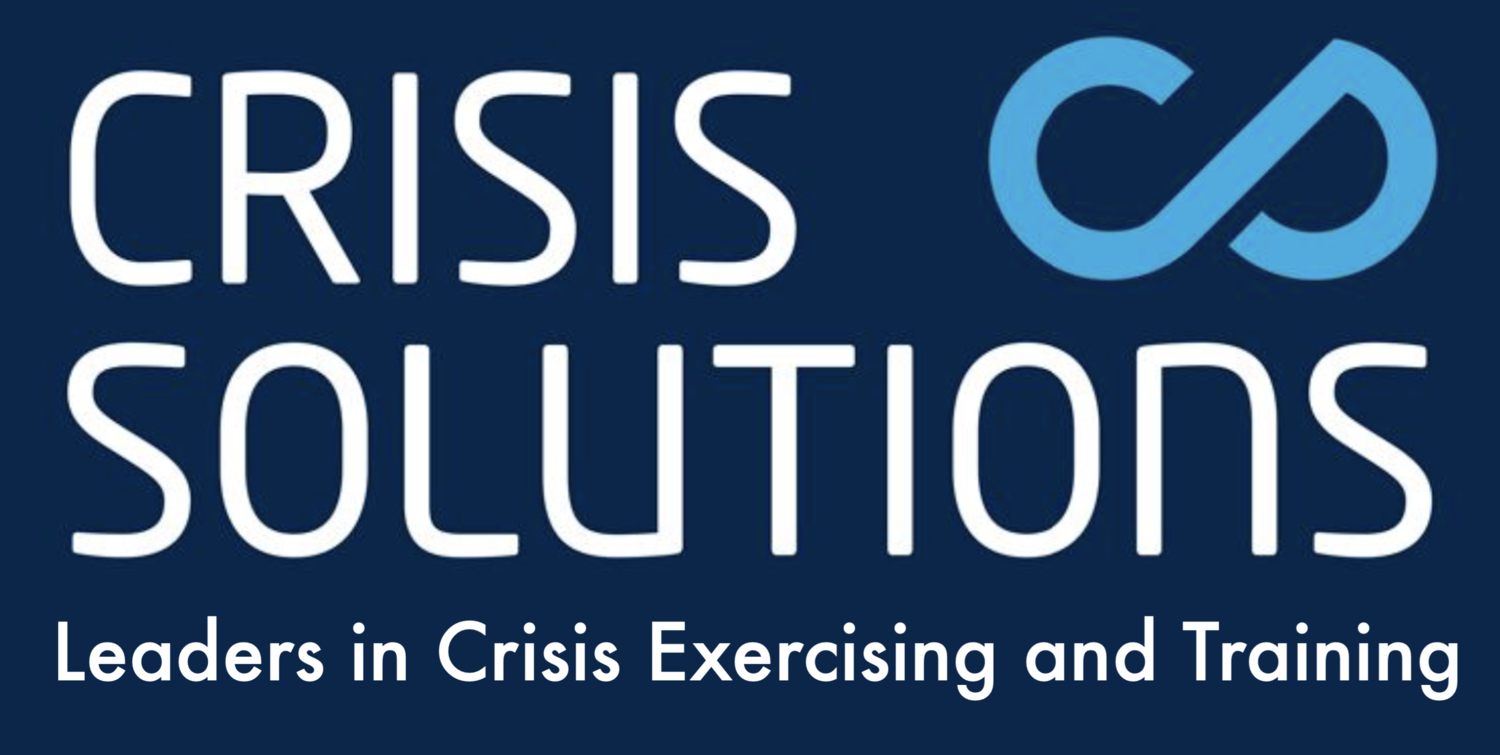It wasn't me!
Most organisations experience failures from time to time, either of their own making or caused by third-parties. But if your name is on the front of the shop shouldn’t you be taking full responsibility?
Activation of a crisis team
Activation of a crisis team is the process by which an organisation switches out of ‘business-as-usual’ role and engages itself with the crisis.
How flexible is your crisis team?
For any team, the ability to adapt and think outside of their day-to-day sphere can yield spectacular results, and no more so than in a crisis.
Planning for the expected, as well as the unexpected.
Crisis management is not just about dealing with the unexpected - it’s also about managing situations that you hope aren’t going to happen, but just might.
Where next for energy supplies?
I try not to repeat content when writing blogs and newsletters, but the escalating energy crisis means that individuals, organisations and even governments are having to consider impacts that weren’t apparent even a few months ago.
"There's nothing as useless as altitude above you!"
When you are flying a plane - there’s nothing as useless as altitude above you!
The Will Smith approach to crisis exercises.
There’s nothing worse than a desktop exercise or crisis simulation that people don’t want to attend because they think it’s going to be a waste of time.
New challenges for crisis communications
In the past we have thought of crisis communications as largely reactive - ’something has happened to our organisation - now we must respond’. But that has changed.
“Don't get caught out planning for the last war”
It’s tempting to fixate on pandemics and cyber attacks because our recent experience skews our thinking in that direction. But the next threat might be, for example, energy supplies.
Can you really plan for a cyber attack?
You can’t ‘wing it’ all the time - you need an element of process, organisation and planning to ensure the best chances of an effective crisis response.
Let's get moving in 2022!
The first few weeks of a new year can sometimes be a bit sluggish. But not this year.
Note to Facebook: Don’t sit on the branch you are sawing off!
As you may have noticed, this week Facebook broke down. Not only did Facebook go down for six hours, but Facebook-owned Whatsapp and Instagram went down too. What can we learn from this?
'No' to the Mushroom Factory!
A crisis for one person is not necessarily a crisis for another.
The answer’s an exercise. Now what is the question?
It sounds a flippant comment, but it wasn’t meant in that way. It’s just that we have so many conversations with clients and potential clients that revolve around this answer. Let’s look at some examples.
Beware the ‘mile-long screwdriver’!
When communications are delayed by needless tinkering, then stakeholders can be left in the dark and therefore perhaps less confident in the firm’s crisis response.
“Everyone has a plan, until they get punched in the mouth”
Planning is all well and good, but until you face the harsh realities of a crisis, you have no idea how good your plan is.
Don’t fall into the trap of planning for the last crisis.
Could emergency measures force homes and non-essential businesses to face rolling power cuts to preserve supplies?
Concise communication saves time in a crisis
There is a tendency to give too much unnecessary detail during a crisis briefing. A SITREP can help.
How quickly can your organisation get into a crisis mindset?
During a crisis, teams - and individuals - need to change the way they operate.
Preparing for high impact, low likelhood events.
Business continuity, risk management and crisis professionals should be working with Executive teams to understand ‘what threats could really bring our organisation to its knees?’. And they shouldn’t be afraid to stretch the imagination.




















